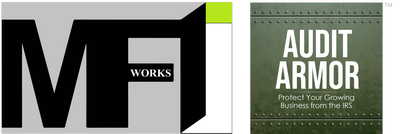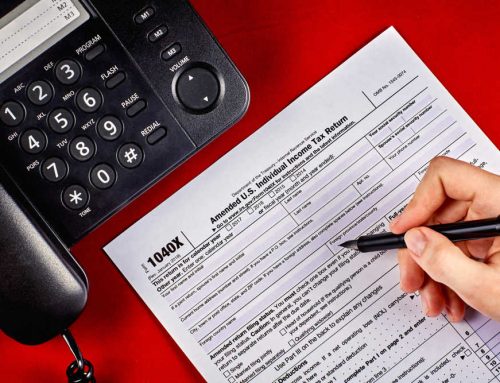
If you took the Section 179 expensing deduction on your vehicle, you might have some questions. How do you keep it? What is a Section 179 recapture? In this blog, we’ll explain what the recaptures are and how to avoid them.
We’ll go over what happens in the following situations:
- Allowing your business use to drop to 50% or below
- Trading or exchanging your Section 179 property
- Selling your Section 179 property
- Gifting your Section 179 property to a relative or a non-relative
What is Section 179?
A Section 179 deduction is a deal with the government that you will keep your asset’s business use above 50% during the designated deprecation periods. If you can’t keep your business use above 50%, tax law will throw out your Section 179 deductions. If this happens, you’ll redo the deductions using depreciation without Section 179. You’ll then report the difference on your tax return, where tax law recaptures the excess deductions as taxable income and, if you are self-employed, adds the self-employment tax.
There are two applicable designated recapture deprecation periods, one of which will apply to the asset you expensed wholly or partially using Section 179.
- Listed property: If you keep business use at more than 50% for the depreciation period that applies to the alternative depreciation system (ADS), you avoid recapture.
- All other section 179 property: If you keep your business use at more than 50% over the modified accelerated cost recovery system (MACRS) depreciation period, you can avoid recapture.
You can also face bonus or MARCS depreciation recapture in addition to Section 179 recapture. It is similar to Section 179 in that you agree with the IRS that you will keep your business use over 50% when you claim bonus or MACRS depreciation on a listed property asset.
Situations to Watch Out For
- Retirement – If you’re planning to retire within five years, will this bring your business use to zero?
- Children – Do your children use your business vehicle(s), bringing business use below 50%?
- Spouse – Does your spouse drive your business vehicle(s) for personal use? Will this bring business use below 50%?
- Personal use – Are you converting a Section 179 asset to personal use? Does this conversion occur during the recapture period?
- Gifts – If you gift a Section 179 asset, it will trigger the recapture tax.
The Sale of a Business Asset
The sale of a business asset won’t trigger recapture. For prior depreciation and Section 179 expensing, your sale of vehicles, equipment, or furniture produces ordinary income. Unlike recapture income, this doesn’t go on your Schedule C, where it would be subject to self-employment tax.
Opportunity with Vehicle Trade-Ins
Because of tax reform, the vehicle trade-in is considered a sale of the older vehicle to the dealer. The gain or loss gets reported to the IRS on the IRS Form 4797. This trade-in is where you can save money! You can save tax dollars by selling the old Section 179 asset outright and buying a replacement asset.
For example, you purchased and expensed a $50,000 Section 179 asset in 2019. In 2020, you sell it for $50,000 and get a replacement asset for $50,000, and expense it. Your taxable income and federal income tax are unchanged, but you save $7,065 on self-employment taxes!
In Conclusion
Section 179 expensing gives you great up-front breaks, but you need to know the front and back end of the deal. You want to avoid getting a recapture surprise. The best strategy is to keep your Section 179 asset above 50% business use until the recovery period expires or the asset dies. After this, you should sell or destroy the asset, depending on what gives you the best after-tax benefit. For those operating as a sole proprietorship on Schedule C, the trade-in strategy can help save you on self-employment taxes. Always keep situations like retirement, and family members use in mind before going into the deal.
We understand that Section 179 can be confusing, but don’t let that surprise you with a recapture in the future! MFI Works, Inc is here to help, so please don’t hesitate to contact us! To schedule a free initial business strategy session, click here.


